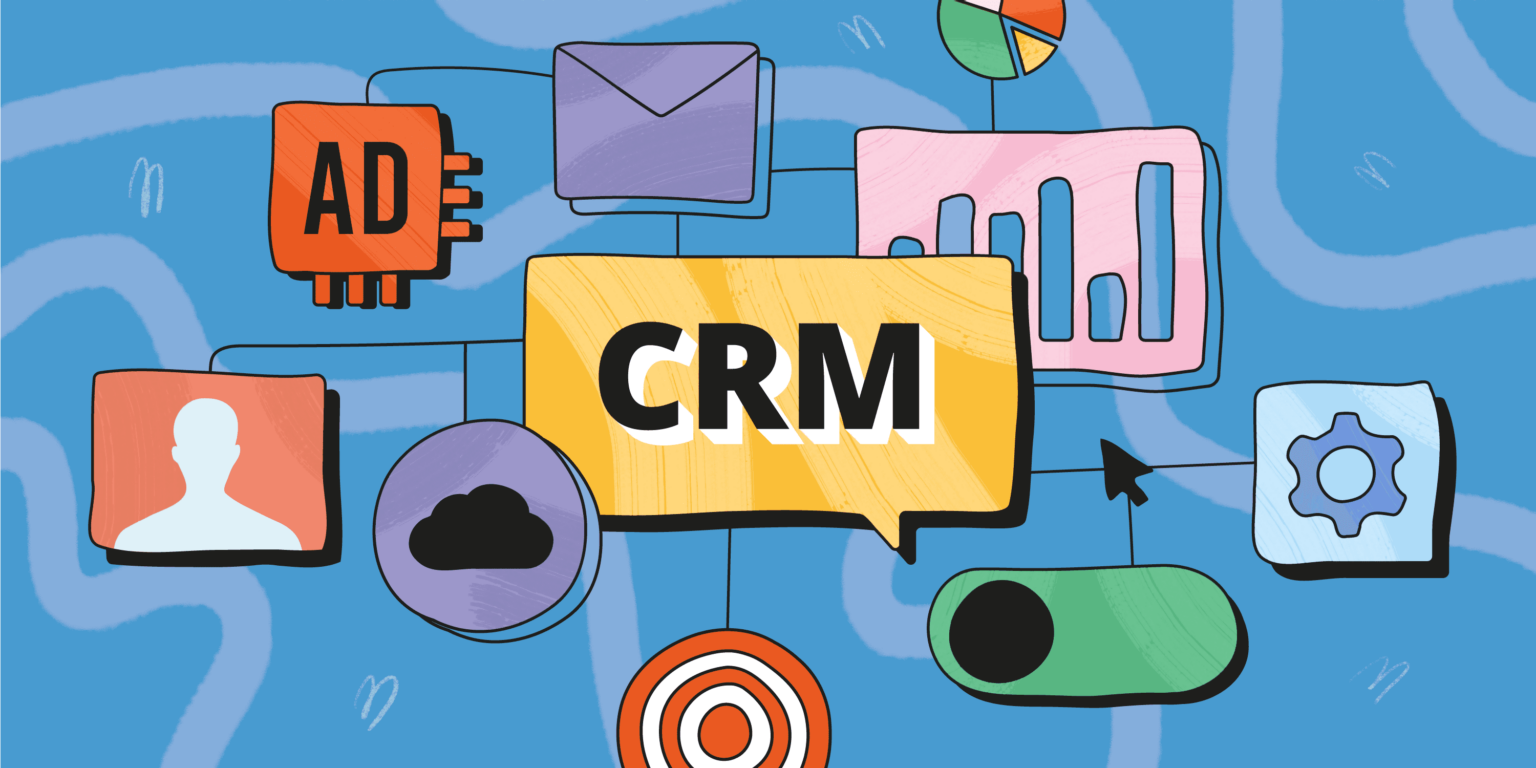CRM software is a tool that allows you to increase the control of business processes and the productivity of the sales team, which makes it a platform that can be essential for any company.
They are well known benefits of a CRM to an organization. Increased revenue, decision-making based on data, better information from the sales team, maximum efficiency, greater visibility, customer satisfaction, sales predictions, progress study or increased productivity are the most cited. But how exactly do these possibilities materialize to improve the work of the sales team?
The answer lies in the possibilities offered by a CRM to automate tasks, freeing up time to dedicate to processes with greater impact, and to maintain a flow of information that allows business intelligence to be applied to sales. And this is possible thanks to the ability of the program to order accounts, orders, trade actions and services.
How to improve the results of your sales team with a CRM
Every action of the sales team and every possibility offered by a CRM has the same goal as its ultimate goal: the sale. Salespeople are sales professionals who must spend their time finding opportunities to maximize sales successoffer the relevant information to the prospect to minimize eliminate their doubts and offer the product / service that best suits, in the appropriate way, for each client.
A CRM is not capable of doing all that, but it is the best tool to enable the work of the commercial. It is also capable of doing many more things for commercials; but all with the target set to allow the seller to dedicate himself to the tasks with the highest added value and offer the resources so that these are done in the best possible way.
How does a CRM help conversion?
To improve business results, the sales team needs pick up opportunities (own or by marketing actions) and convert them into customers; process that, with a CRM, can be more effective.
1) Leverage data
the more information the potential client is available, the greater the chances of approaching with positive results. A CRM allows you to collect, store and display useful information about each contact, offering ideas to the sales team to plan their strategies.
2) Qualification
A common mistake when finishing a sale is to overestimate the possibilities of the same or of the potential client. With an effective CRM, you can collect the data that allows you to qualify each opportunity, as well as the time to market and the actions taken with its results. The goal is to spend valuable time on those clients who are truly potential and squeeze the possibilities of automation with the coldest, defining them based on stipulated parameters with their respective scores.
3) Shorten response times
Being the first always provides an advantage, so having a tool to assess whether a contact is a priority can be decisive. Thanks to the CRM, it is possible to qualify the contacts based on their interest, automate responses, monitor the actions carried out by setting alarms and distribute the work among the sales team thanks to the functions of collaboration and communication of the information.
4) Tracking leads
Depending on the sector, there are sales that take place over a long period of time. Therefore, it is important to carry out the appropriate follow-up. The key success factors of tracking are easy to meet with a CRM: workflow, up-to-date information, task automation, action tracking and calendar with alerts.
5) Communication
Communication is the key aspect of business relationships and therefore must be personalized. Each client can have their own schedules, their preferences, their communication channels, their interests, their most purchased products or their times of greatest activity, among other relevant data; and an agenda, or even worse the head of each commercial, is not the right place for that information to be stored and brought to light when necessary.
6) Regular interactions
What happened to that contact who never bought and never interacted with him again? It is common that, focused on the day to day or on the most advantageous opportunities / clientele, we leave aside contacts that were not successful at first or their potential is less. But no chance should be left out and, with a CRM, those regular interactions that can lead to a lead hot do not involve any loss of time or effort; Even if it never materializes.
7) Information anytime, anywhere
Thanks to mobility, a CRM is available anywhere, anytime and on a connected device; offering each member of the commercial team the information they need at the right time, thus increasing their chances of success in closing a sale and, also, improving the satisfaction of their clients… or planning their calls, emails and meetings outside the office.
8) Sales funnel
The funnel It is a tool of proven success in commercial work that allows you to draw the path of each contact, from acquisition to conversion, and beyond, in the loyalty phase. With a CRM, the funnel is much simpler to navigate:
- Accompaniment of the client, with the relevant information or messages in each phase of the funnel, by any member of the sales team.
- Information related to the history of interactions for the entire team, allowing key knowledge to address future interactions.
- Alerts to know if the prospect is ready to take the next step, based on interactions, results, scores and relative information.
- Average time for the sale, which allows making forecasts and influencing the key moments that allow progress.
- Automation of necessary and important tasks, thus freeing salespeople to focus on key actions.
A CRM software is, today but especially in the future, a basic business application. Together with the ERP and a Business Intelligence platform, it is the center of organizations that want to remain competitive in any environment.
